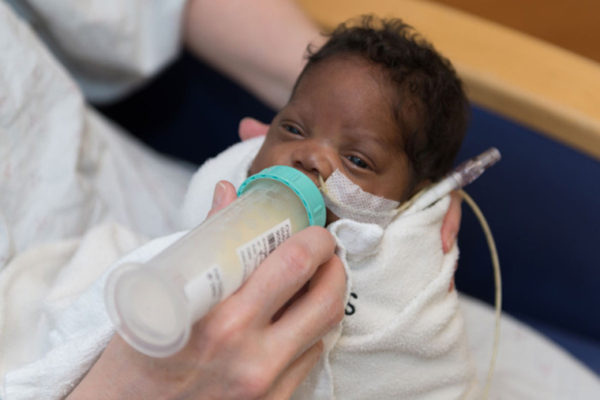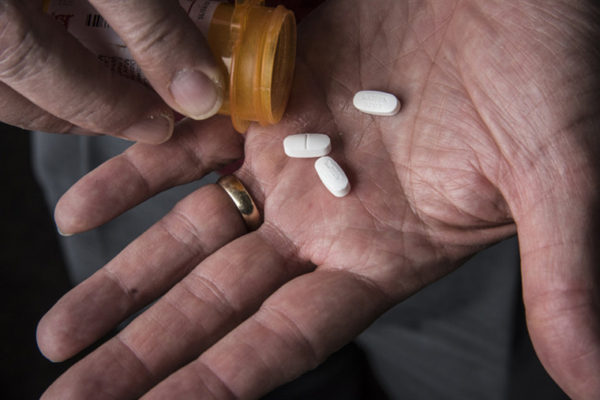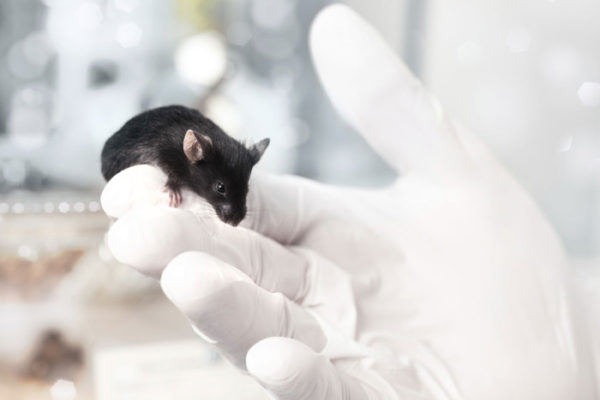Fall safety demonstration May 3 on Medical Campus
Those on the Medical Campus, take note: At about 9 a.m. Tuesday, May 3, the Campus Renewal Project safety team will demonstrate the importance of construction workers wearing fall-protection gear and having a rescue plan.
Obituary: Robert C. Strunk, professor of pediatrics, 73
Robert Charles Strunk, MD, a beloved and acclaimed pediatric allergist at Washington University School of Medicine in St. Louis, died of cardiac arrest Thursday, April 28, 2016, in his native Chicago. He was 73.
Breast milk linked to significant early brain growth in preemies
Feeding premature babies mostly breast milk during the first month of life appears to spur more robust brain growth, compared with babies given little or no breast milk, finds researchers from Washington University School of Medicine in St. Louis.
Mutch named co-chair of NCI Gynecologic Cancer Steering Committee
David Mutch, MD, the Ira C. and Judith Gall Professor of Obstetrics and Gynecology at Washington University School of Medicine in St. Louis, has been named co-chair of the National Cancer Institute (NCI) Gynecologic Cancer Steering Committee.
Fraser receives University of Missouri alumni honor
Victoria J. Fraser, MD, head of the Department of Medicine at Washington University School of Medicine in St. Louis, has received the Citation of Merit from the University of Missouri School of Medicine.
Doctors recommend prescribing fewer opioids after surgery
Bolstering new federal guidelines that advise primary care doctors to carefully weigh the prescribing of opioid painkillers, two experts at Washington University School of Medicine in St. Louis are recommending that surgeons also consider cutting back on the number of take-home opioid pills prescribed to patients after surgery.
The good thing that happens with graduated license laws
State laws designed to help teens gradually ease into full driving privileges may have an unintended effect: lowering rates of teen alcohol consumption and binge drinking, according to new research at Washington University School of Medicine in St. Louis.
Nurturing during preschool years boosts child’s brain growth
Children whose mothers were nurturing during the preschool years, as opposed to later in childhood, have more robust growth in brain structures associated with learning, memory and stress response than children with less supportive moms, according to new research at Washington University.
Six Tips: Aging
Getting older doesn’t have to be a cause for worry. Six experts from across the university offer tips about how to plan for the future as you or your family members move into the golden years.
Exposure to routine viruses makes mice better test subjects
Vaccines and therapeutics developed using mice often don’t work as expected in humans. New research at Washington University School of Medicine in St. Louis points to the near-sterile surroundings of laboratory mice as a key reason.
View More Stories









